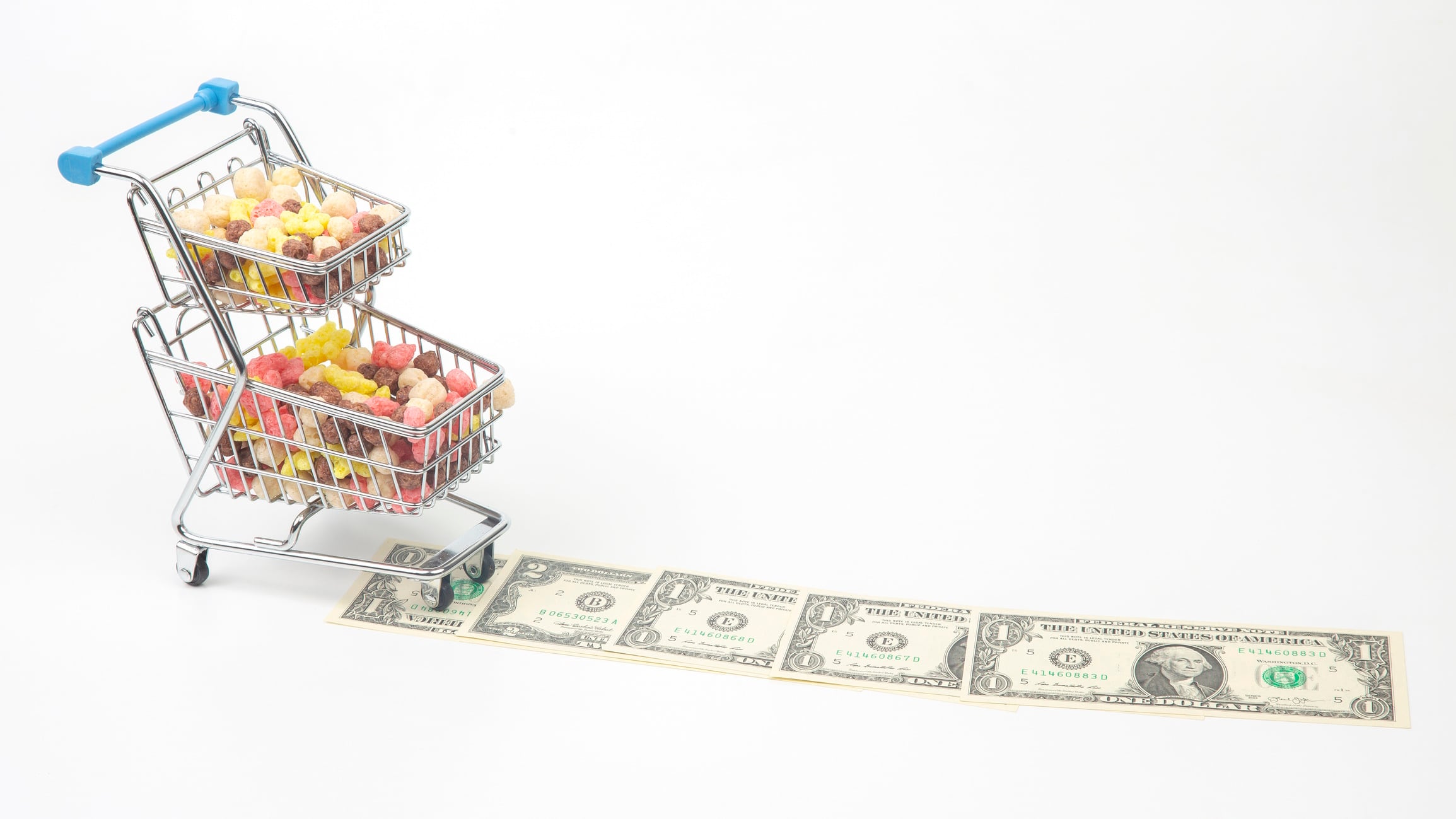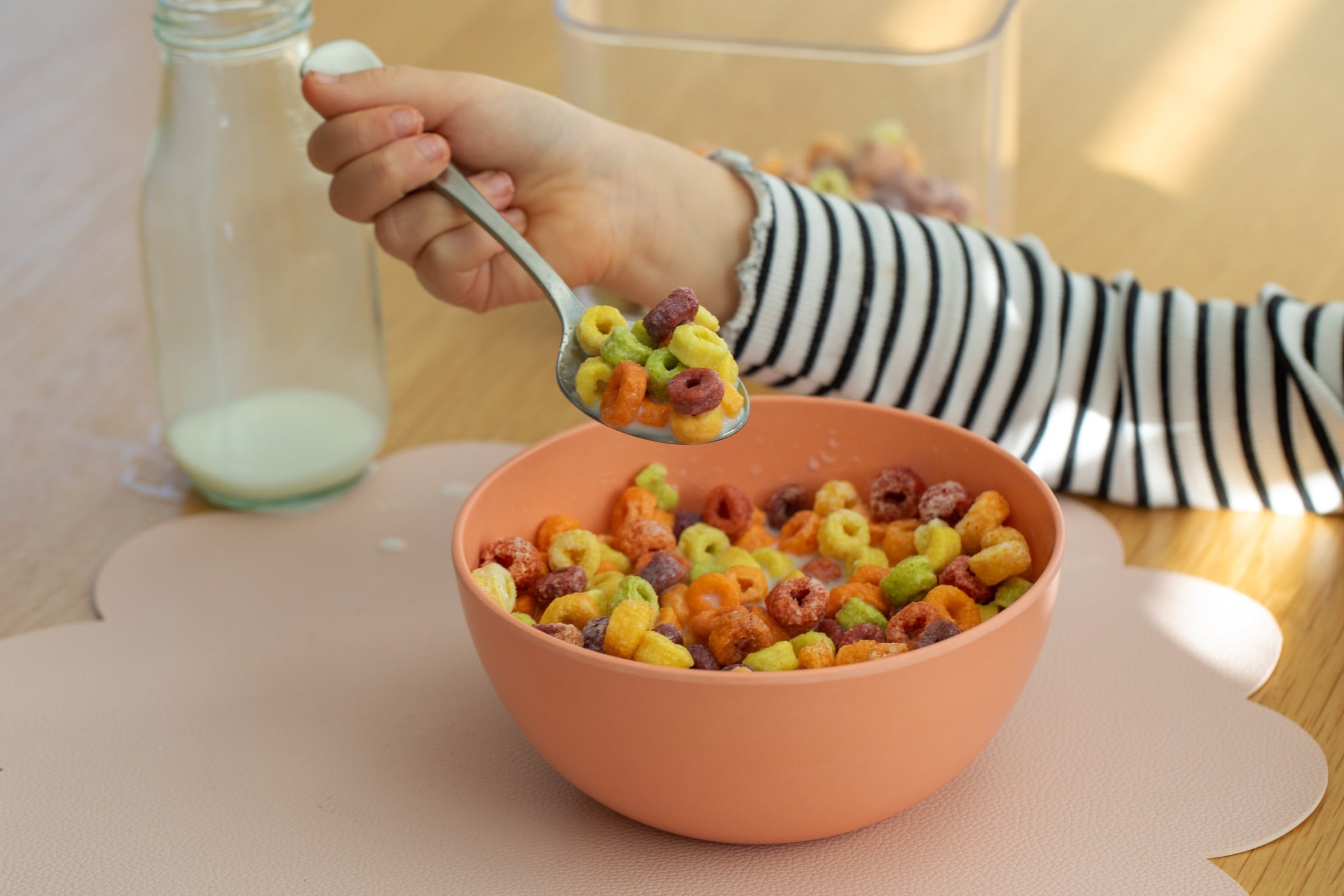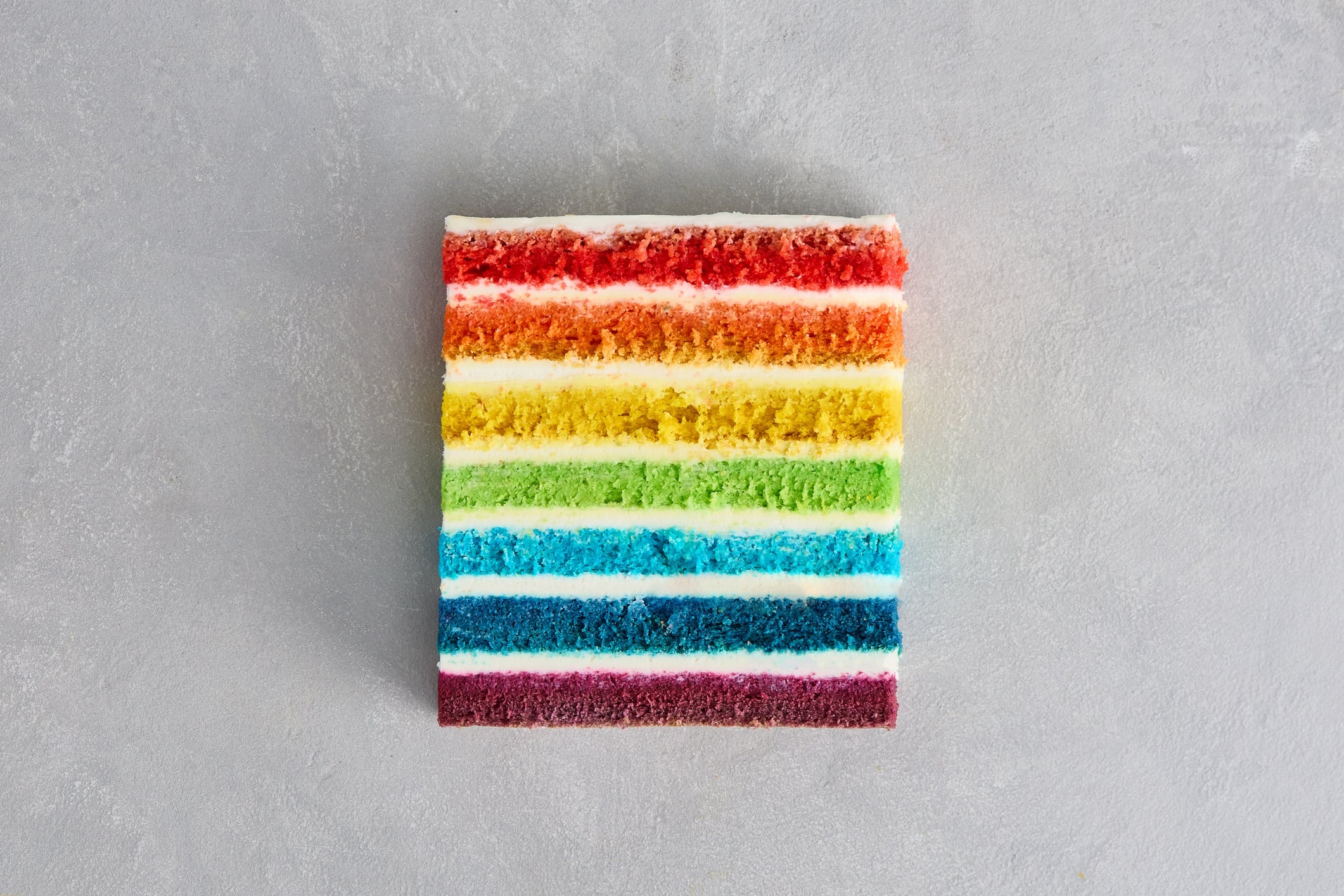Key takeaways:
- Kellogg’s signs first binding US deal to drop dyes.
- Reformulation could cost tens of millions yearly.
- Competitors now face higher reformulation pressure.
After months of investigation, WK Kellogg Co. has become the first US food manufacturer to sign a legally binding Assurance of Voluntary Compliance, committing to the removal of petroleum-based artificial food colorings from all US cereals by the end of 2027.
“Following months of investigating and negotiating, I’m proud to officially say Kellogg’s will stop putting these unhealthy ingredients in its cereals,” said Texas Attorney General Ken Paxton.
“The signed AVC demonstrates that Kellogg’s is committed to keeping this pledge, and I commend the company for doing the right thing. I encourage other food manufacturers to sign similar agreements to demonstrate their commitment to helping Americans live healthier lives.”
The agreement comes after Paxton accused Kellogg’s of misleading consumers by advertising dyed products as ‘healthy’ in the US while removing the same ingredients in Canada and Europe. “Artificial food colorings have been shown to have disastrous impacts on health, and in no world should foods that include these dyes be advertised as ‘healthy,’” he said.
Health and Human Services Secretary Robert F Kennedy Jr. highlighted the broader trend: “About 40% of the food industry has made the commitment to remove dyes from products.”
The financial stakes for Kellogg’s and the sector

WK Kellogg Co. reported $2.76bn in net sales in 2024 from its North American segment, with ready-to-eat (RTE) cereals representing the bulk of revenue. Reformulating flagship brands such as Froot Loops, Apple Jacks, Frosted Flakes and Rice Krispies to replace petroleum-based dyes with natural colorants will require significant R&D and supply chain adjustments.
Industry analysts estimate that switching to plant-based colors can cost 20%-30% more per unit in ingredient sourcing, depending on stability and shelf-life needs. For Kellogg’s, this could translate into tens of millions of dollars annually in additional costs. However, much of this may be offset through phased rollouts and reformulation synergies across SKUs.
Estimated reformulation costs & market impact

More importantly, this move shields Kellogg’s from potential litigation and regulatory penalties while providing an opportunity to reposition its brands for health-conscious consumers – a shift that could justify selective price premiums and stabilize market share in a category that saw a 2.3% volume decline last year.
Industry implications: A governance-driven market shift

The Kellogg’s agreement marks a turning point in how reformulation commitments are approached. For years, food companies have relied on voluntary pledges to reassure consumers and regulators. Now the bar has been raised – with enforceability, timelines and legal oversight becoming part of the standard.
This agreement puts public pressure on brands that have yet to formalize their own artificial color phase-outs. It also redefines ‘clean label’ from a marketing preference to a governance imperative. Those who delay risk losing consumer trust and facing regulatory scrutiny that can erode shareholder confidence.
Kellogg’s move is more than a technical ingredient change. It’s a structural shift in corporate accountability and a warning that the cost of inaction may exceed the cost of reformulation.
In Paxton’s words: “There will be accountability for any company, including Kellogg’s, that unlawfully makes misrepresentations about its food and contributes to a broken health system that has made Americans less healthy.”
For a category that once built its fortune on consumer trust, this is the clearest signal yet that the next phase of growth will depend on proving – in writing, under law, and in the marketplace – that brand promises are backed by binding commitments. That’s why Kellogg’s deal doesn’t just remove artificial colors. It marks a turning point for the business of breakfast itself.





